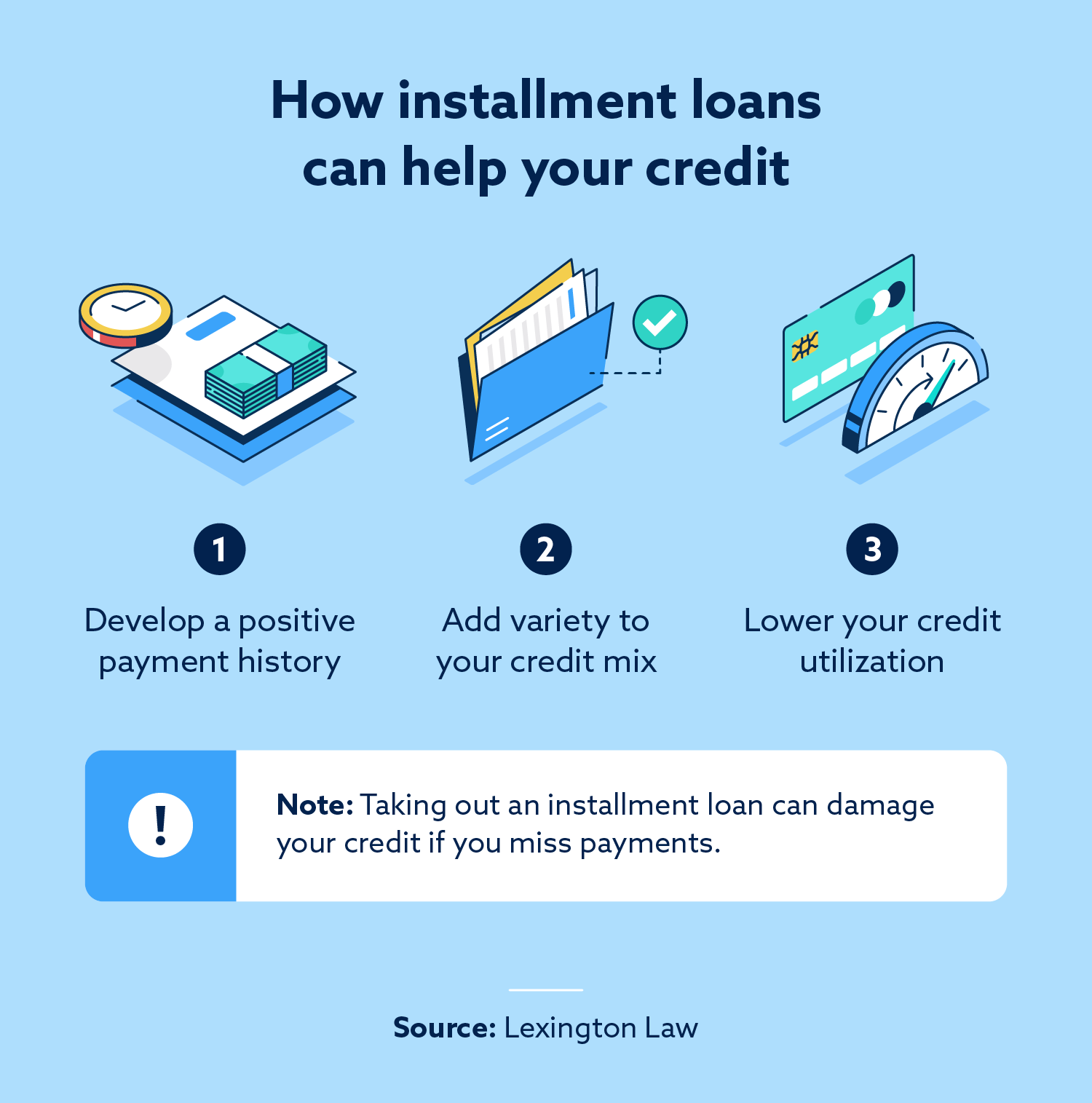The Ins and Outs of Loans: Navigating Your Financing Choices With Self-confidence
Maneuvering the complicated landscape of loans calls for a clear understanding of numerous kinds and crucial terms. Many individuals discover themselves overwhelmed by options such as individual, car, and pupil loans, in addition to essential ideas like rate of interest and APR. A grasp of these principles not only help in evaluating economic requirements however likewise improves the loan application experience. However, there are significant elements and typical risks that debtors need to recognize prior to continuing additionally.
Comprehending Different Sorts Of Loans
Loans function as important financial devices that cater to different demands and goals. Organizations and people can select from numerous sorts of loans, each developed to satisfy particular needs. Personal loans, frequently unsafe, offer consumers with funds for different personal costs, while automobile loans allow the purchase of automobiles through safeguarded funding.
Home loans, or home mortgages, assist customers in acquiring property, commonly including lengthy repayment terms and specific rate of interest. Pupil loans, aimed at moneying education, commonly come with lower rates of interest and deferred payment choices till after graduation.
For companies, business loans offer needed resources for expansion, devices purchases, or operational expenses. Additionally, cash advance offer fast cash money remedies for urgent requirements, albeit with greater rate of interest. Comprehending the various sorts of loans enables debtors to make enlightened choices that align with their monetary objectives and situations.
Secret Terms and Ideas You Should Know
Recognizing vital terms and concepts is vital when steering loans. Rate of interest play a crucial function in determining the cost of borrowing, while various loan types satisfy various economic needs. Experience with these elements can empower individuals to make enlightened choices.
Passion Prices Clarified
Just how do rate of interest effect borrowing decisions? Rates of interest represent the price of obtaining money and are an essential element in economic decision-making. A greater rate of interest rate enhances the overall price of a loan, making loaning less appealing, while lower prices can incentivize consumers to handle financial obligation. Lenders use rate of interest to minimize danger, reflecting customers' creditworthiness and dominating financial conditions - Cash Loans. Fixed rates of interest remain consistent throughout the loan term, using predictability, whereas variable prices can rise and fall, possibly resulting in greater settlements with time. Furthermore, understanding the yearly percentage rate (APR) is crucial, as it incorporates not just passion but also any connected fees, supplying a complete view of borrowing expenses
Loan Types Summary
Maneuvering the landscape of loan types is crucial for debtors seeking the most suitable financing alternatives. Understanding numerous loan kinds assists people make informed decisions. Individual loans are usually unprotected, ideal for combining debt or funding individual jobs. Home mortgages, on the other hand, are protected loans especially for acquiring genuine estate. Vehicle loans offer a similar purpose, financing lorry purchases with the car as security. Business loans deal with entrepreneurs needing resources for operations or growth. An additional alternative, student loans, help in covering instructional costs, usually with favorable payment terms. Each loan type offers distinctive terms, rate of interest, and eligibility standards, making it important for debtors to analyze their economic demands and capabilities prior to dedicating.
The Loan Application Process Discussed
What steps must one take to effectively browse the loan application process? First, people need to evaluate their financial needs and determine the kind of loan that straightens with those needs. Next off, they must evaluate their credit scores report to confirm precision and determine areas for improvement, as this can influence loan terms.
Following this, borrowers should gather necessary documents, consisting of evidence of income, work background, and economic statements. When prepared, they can approach loan providers to inquire concerning loan products and rate of interest.
After selecting a lender, finishing the application type precisely is crucial, as noninclusions or errors can postpone handling.
Candidates need to be ready for possible follow-up requests from the loan provider, such as added documents or information. By following these actions, individuals can improve their chances of a efficient and smooth loan application experience.
Aspects That Impact Your Loan Authorization
When thinking about loan authorization, several critical aspects enter play. Two of one of the most significant are the credit report and the debt-to-income proportion, both of which supply lending institutions with insight into the customer's financial stability. Comprehending these components can greatly boost a candidate's opportunities of securing the desired financing.
Credit Score Value
A credit score acts as an important standard in the loan authorization procedure, influencing loan providers' assumptions of a consumer's economic integrity. Typically ranging from 300 to 850, a higher score suggests a history of accountable credit usage, including timely repayments and low credit score use. Different variables add to this score, such as settlement background, size of credit report, kinds of credit accounts, and current credit history questions. Lenders utilize these scores to examine threat, identifying loan terms, rate of interest, and the probability of default. A solid credit rating not just boosts authorization opportunities yet can also bring about a lot more desirable loan problems. Conversely, a reduced score may cause greater passion prices or rejection of the loan application entirely.
Debt-to-Income Ratio
Several loan providers take into consideration the debt-to-income (DTI) proportion a crucial aspect of the loan approval process. This economic metric contrasts an individual's monthly financial debt settlements to their gross regular monthly revenue, giving insight right into their ability to handle extra debt. A lower DTI proportion shows a much healthier monetary situation, making consumers more eye-catching to lenders. Aspects affecting the DTI proportion consist of real estate expenses, credit rating card equilibriums, pupil loans, and other reoccuring expenditures. Furthermore, changes in revenue, such as promos or work loss, can greatly impact DTI. Lenders generally prefer a DTI proportion below 43%, although this limit can differ. Recognizing and managing one's DTI can improve the opportunities of securing positive loan terms and rate of interest prices.
Tips for Managing Your Loan Sensibly

Usual Blunders to Avoid When Securing a Loan

In addition, many individuals rush to approve the very first loan deal without comparing alternatives. This can cause missed possibilities for better terms or lower rates. Customers ought to likewise prevent taking on loans for unnecessary costs, as this can lead to long-lasting financial obligation troubles. Ultimately, disregarding to examine their credit history can hinder their ability to safeguard desirable loan terms. By being aware of these pitfalls, borrowers can make informed choices and browse the loan process with greater confidence.
Regularly Asked Concerns
How Can I Enhance My Credit Score Before Applying for a Loan?
To improve a credit score before getting a loan, one must pay expenses in a timely manner, reduce exceptional financial obligations, inspect credit history records for errors, and prevent opening brand-new charge account. Regular financial behaviors yield favorable results.
What Should I Do if My Loan Application Is Refuted?

Are There Any Type Of Costs Connected With Loan Prepayment?
Funding early repayment charges may use, relying on the lender and loan type. Some loans include fines for early payment, while others do not. It is essential for borrowers to review their loan arrangement for particular terms.
Can I Discuss Loan Terms With My Lender?
Yes, borrowers can bargain loan terms with their lenders. Factors like credit report, payment background, and market conditions may influence the lending institution's determination to modify rates of interest, repayment timetables, or costs connected with the loan.
How Do Rates Of Interest Influence My Loan Payments In Time?
Interest prices considerably influence loan repayments. Greater rates cause boosted month-to-month settlements and complete interest prices, whereas reduced rates lower these costs, ultimately affecting the customer's general monetary worry throughout the loan's period.
Lots of people locate themselves bewildered by choices such as personal, auto, and trainee loans, as well as key concepts like passion prices and APR. Interest rates play a vital duty in establishing the expense of loaning, while different loan types provide to numerous financial needs. A higher interest rate enhances the general cost of a loan, making borrowing less appealing, while lower rates can incentivize customers to take on financial obligation. Taken care of passion prices remain continuous throughout the loan term, providing predictability, whereas variable prices can rise and fall, potentially leading to greater settlements over time. Car loan early repayment fees might use, depending on the lending institution and loan kind.